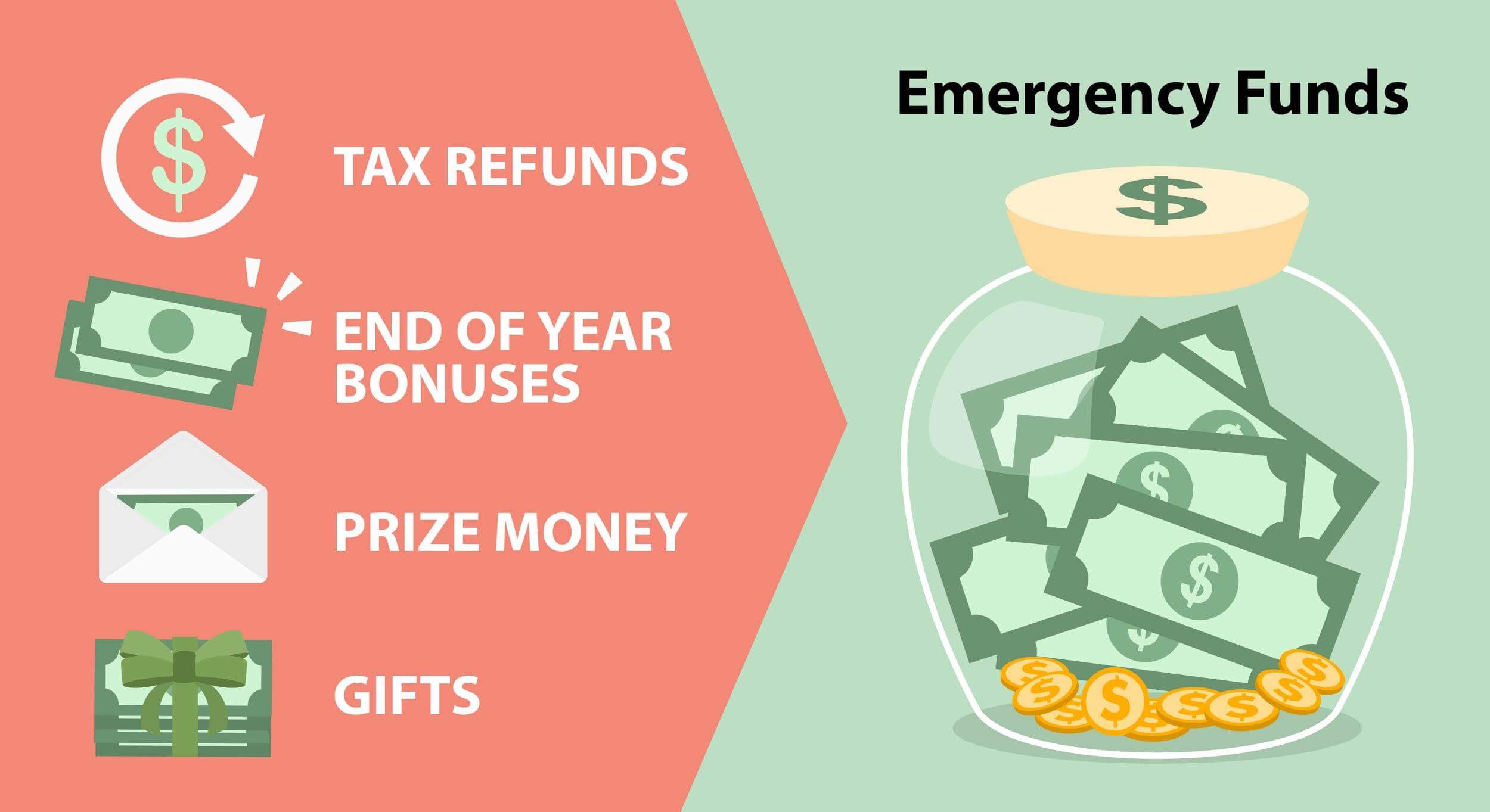I’m going to tackle one of the most seemingly unsurmountable pieces of personal finance advice out there: you should have an emergency fund. Before you read on further, this is a Devil’s Advocate post, which means I’m going to try to argue the other side even though I don’t believe it. So… before you read on, let me be absolutely clear … you should have an emergency fund, but if you want a few reasons why you shouldn’t… here they are.
First off, let me go over what I consider an emergency fund. It’s money you set aside for a real bad rainy day in a bank account, whether its a high yield online savings account or just a regular old savings account at your local bank; it must be in an account where the principal is protected. Putting it in a brokerage account, that’s not an emergency fund because the principal could evaporate on a really bad stock market day. So, why don’t you need an emergency fund…
Most Emergencies Are Small…
or if they’re big, they’re really really big. So, in most cases the emergency fund you have will either be way too much or not enough to handle the emergencies of life. If I were to guess the number one emergency that pushes someone to dip into their emergency fund, I’d say it would have to be for auto repair. Even if you follow the most aggressive recommendation of three months, a few hundred bucks for an auto repair probably won’t do too much damage to the emergency fund so your money would probably be better served in a brokerage earning market appreciation rates than whatever minimal rates you’d get in a savings account.
Credit Cards Can Get You By
If you go by the rule that you need 3/6/9/12 months of salary, you probably have that much on your credit cards. In fact, when you do face an emergency, it’s probably a good idea to pull out the plastic first even if you have the emergency funds because you can probably get at least 1% in points from it.
You Have Insurance
You probably pay hundreds of dollars a month in auto, home, life, and medical insurance; so why do you need thousands of dollars saved away for emergencies? Bust a tooth? Use dental insurance. Flooding in your house? Home insurance. Crash your car? Auto insurance. While it certainly makes sense to have a few dollars saved away, having a year of your salary sitting in an account earning a sad rate of return is simply not a strong financial decision.
Ultimately, what you want is to strike a balance between having no emergency fund and having too much earning a low rate. Certainly, since this is a Devil’s Advocate post, I think that having an emergency fund is a very strong financial decision (despite what I said in the last reason) and one that everyone should definitely start once you can.
